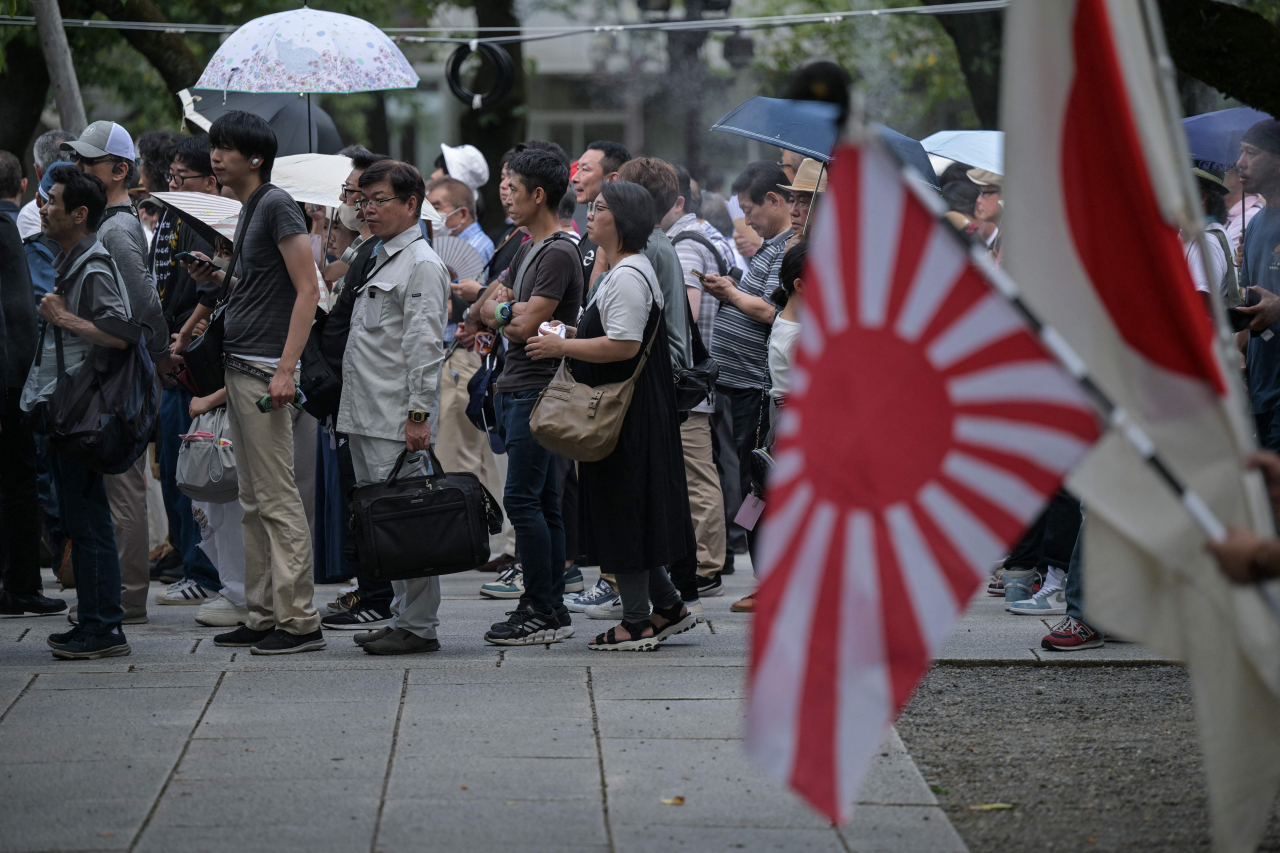
Seoul's presidential office is under increasing pressure due to controversial remarks made by President Yoon Suk Yeol's foreign policy aide about Japan. The opposition has criticized the aide's remarks, labeling them as those of a "pro-Japanese traitor," and has pledged to propose a bill to prohibit anyone who had previously praised or justified Japan's colonial rule of the Korean Peninsula from becoming public officials. This move is aligned with the opposition party's core policy, indicating their opposition to Yoon's conciliatory approach to Japan. The controversy arose from an interview with Kim Tae-hyo, the first deputy director of the presidential National Security Office, in which he suggested a forward-looking approach to bilateral ties with Tokyo, leading to strong criticism from the opposition and within the ruling bloc. The remarks have reignited criticism of Yoon's administration's approach to Japan, particularly its failure to address bilateral issues boldly. This has led to strong pushback from the opposition, with calls for stern actions against the aide and accusations that the presidential office's political philosophy aligns with Korean collaborators of Imperial Japan. The controversy has also exposed divisions within both the ruling and opposition parties, reflecting the sensitivity of the issue in South Korean politics. Additionally, criticism of Yoon's administration over its friendly approach to Japan has been ongoing, particularly regarding its efforts to restore ties without Japan acknowledging and apologizing for its colonial rule of the Korean Peninsula. The controversy has also brought attention to other contentious decisions made by the Yoon administration, such as supporting the listing of the Sado mines in Japan as a UNESCO World Heritage site and the nomination of a controversial figure as the new chief of the Independence Hall of Korea.
